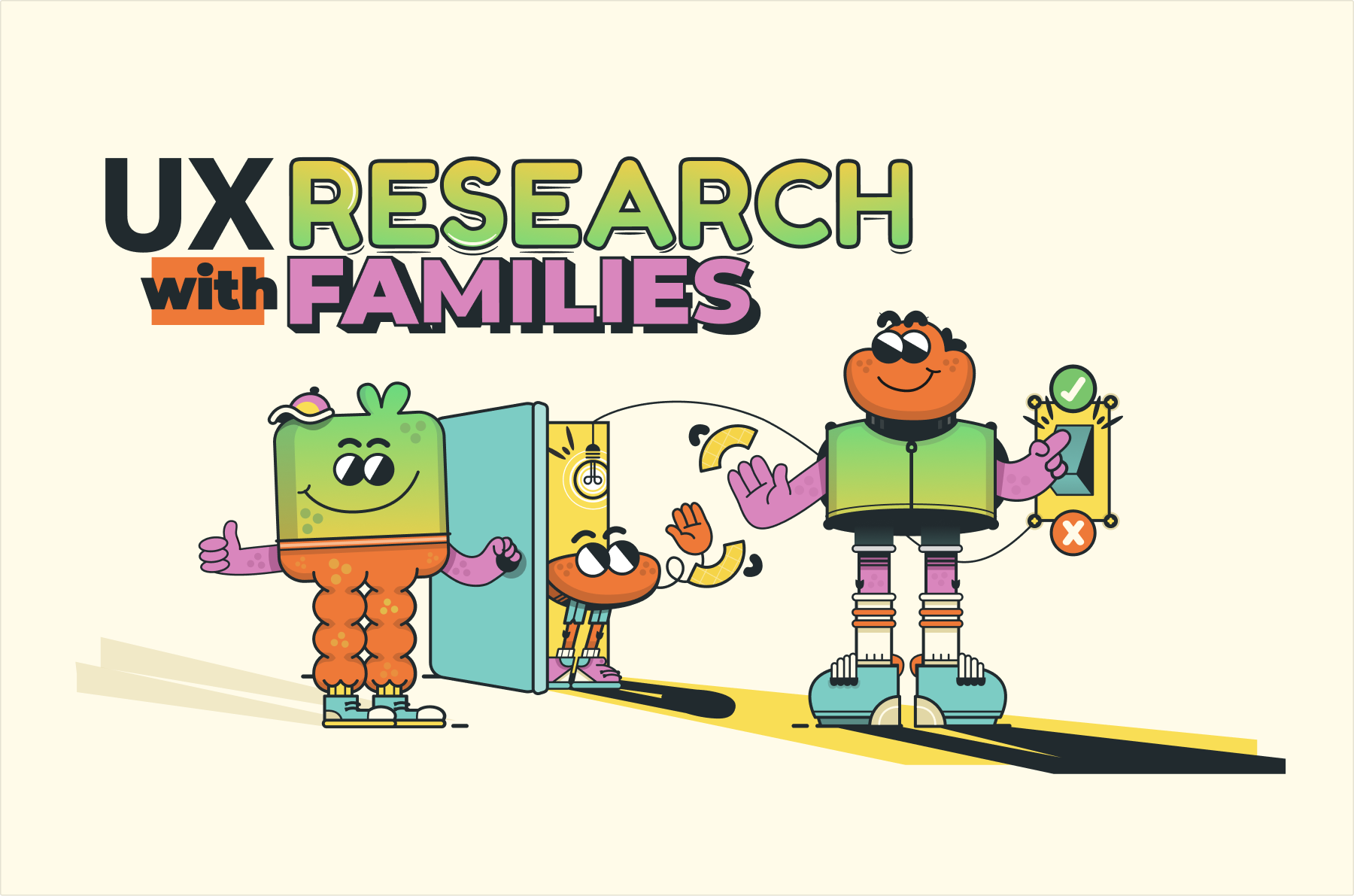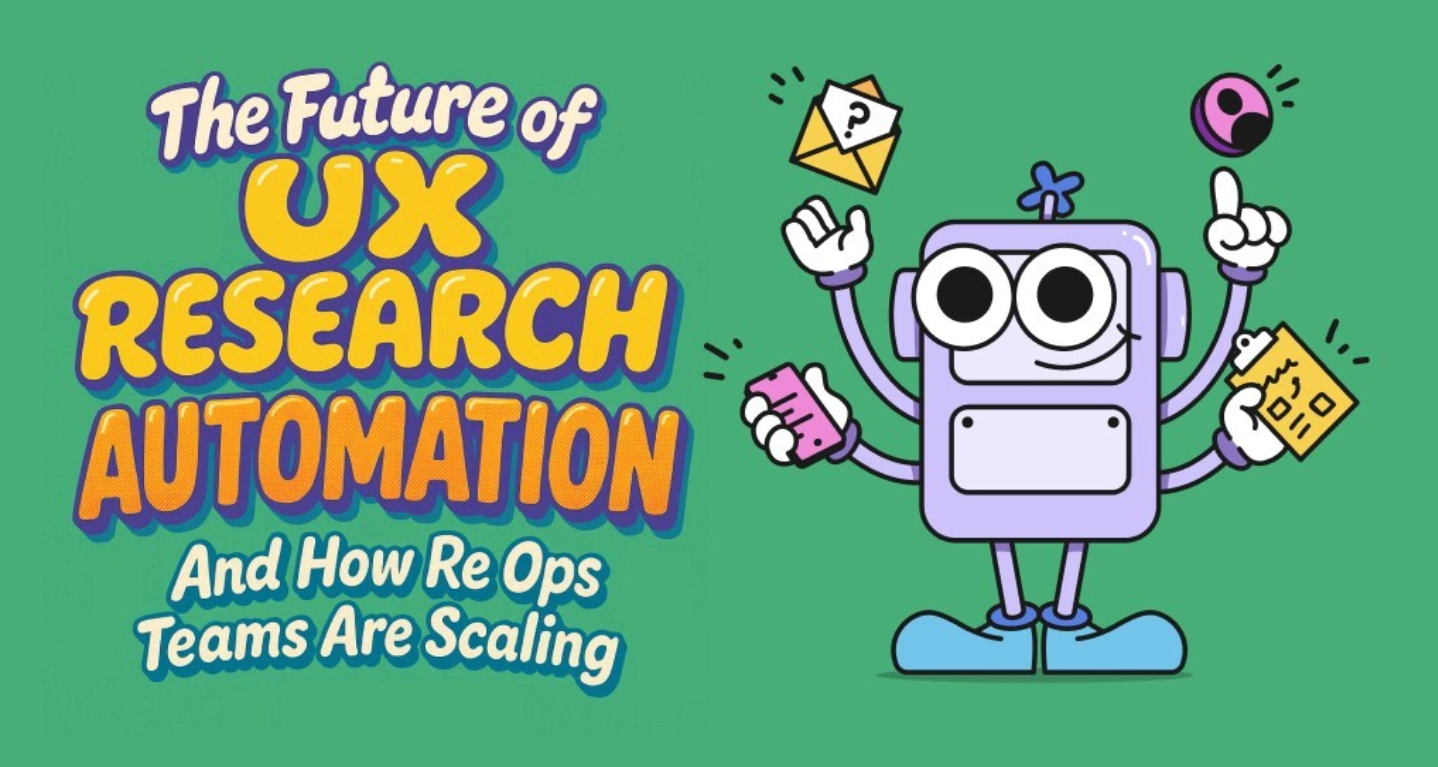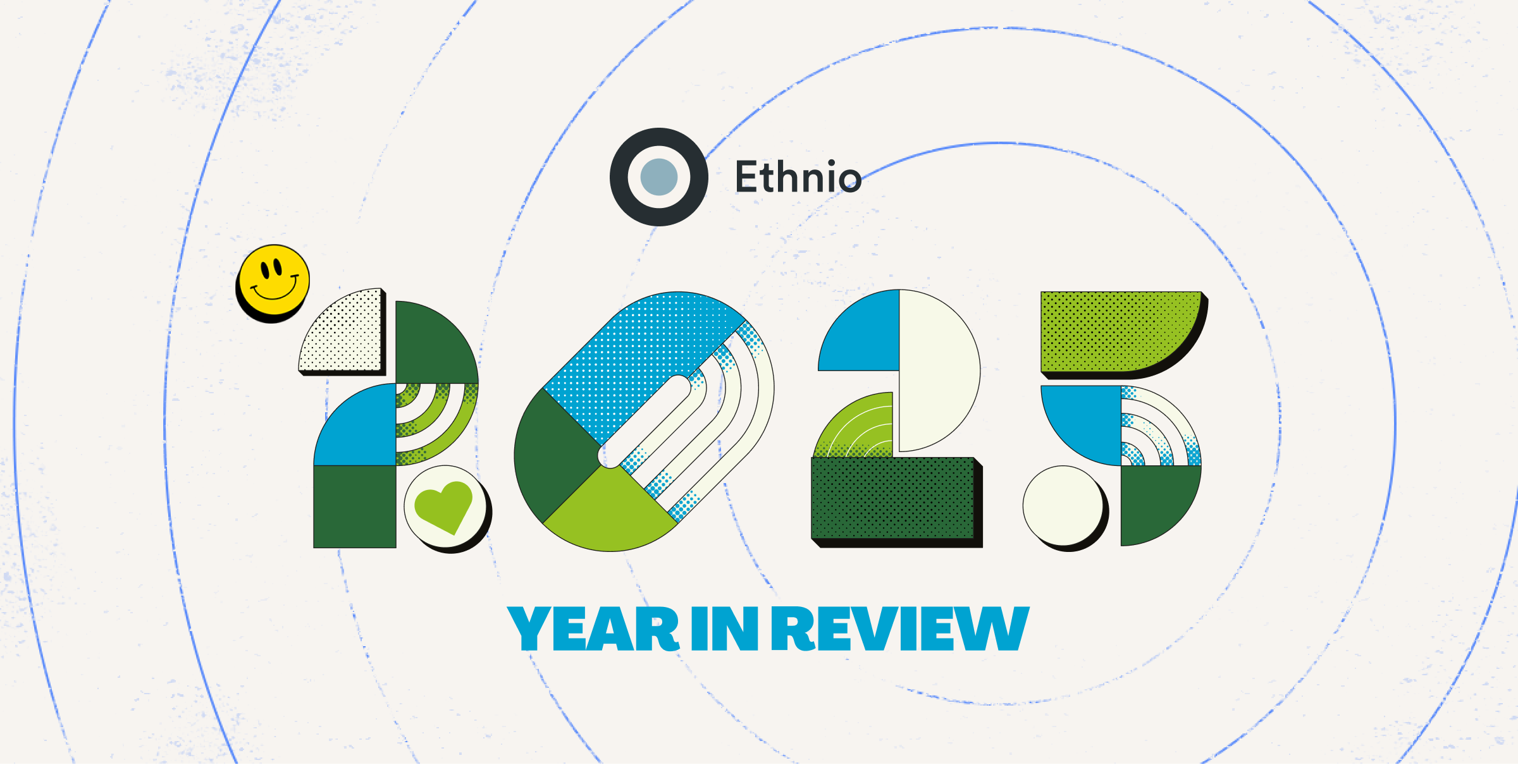Introducing Carol Rossi 🙂
Carol Rossi is a UX research expert with over 20 years experience. She led the research team at NerdWallet for over four years and established research best practices and teams at Kelley Blue Book and Edmunds. Carol now runs a successful consultancy working with companies like Instawork, Foursquare, Hulu, Citibank, Belkin.
Carol believes that for UX researchers to succeed in the current climate, they must prioritize research for maximum impact. The goal is to focus resources, including people, time, and money on projects that are most likely to have the greatest impact. But prioritization is not as easy as it sounds. As Carol puts it: “it involves grappling with many thorny issues.”
We now hand over to Carol Rossi to outline how to prioritize research for strategic impact.
Why Prioritize Research?🤔
It's crucial to understand that from the business perspective, research is not just about running studies, but about providing value that the company can use to achieve its goals.A question that often arises is, why not just run all studies? Why do we need to prioritize? The simple answer is that even if we had an unlimited number of researchers, we would still want to direct our resources towards projects that promise the most impact.
When we talk about having an impact, we need to ensure that we are wearing our business hats more than our researcher hats. It's crucial to understand that from the business perspective, research is not just about running studies, but about providing value that the company can use to achieve its goals.
Sometimes, we might already know enough from similar studies, or the research question might not be that significant to the business. Additionally, the cost or time required to conduct the research might not be justified, especially if it exceeds the time to go straight to development.
Understanding the Levers of Research Prioritization
Understanding the various factors or 'levers' that come into play when prioritizing research is essential. If we already know enough, and the research question isn't that significant, and the cost of doing the research is high, it might be wiser to proceed straight to development. Conversely, if it's a brand-new area with significant potential impact to the business, and the cost to development is high, research would be beneficial and perhaps essential to the success of the new offering.
Understanding when research is essential vs. not makes you a superhero makes you a superhero within the company because you save time and money by avoiding unnecessary research. It also enhances the respect and importance of the research you do conduct.
Impediments to Research Prioritization⛔️
There are several obstacles to research prioritization. These include unclear responsibility for prioritization decisions, team members insisting on the importance of their studies, the perception that it's faster to run the study than have a discussion, changing circumstances, and conflicts between tactical and generative research.
The Impact of Research📈

Impact is the value derived from research. It's not about the insights themselves.
Impact is the value derived from research. It's not about the insights themselves, but what happens after – what decisions are made and how these affect the company. We can divide the impact into three areas: product, organizational, and operational.
Product Impact
Product impact revolves around the business metrics moved as a result of decisions informed by research. This can be seen in terms of engagement, revenue, or other significant metrics. Product impact can be tactical, affecting an existing product, or strategic, influencing potential future products or providing a deeper understanding of a segment of users.
Organizational Impact
Organizational impact refers to stakeholders recognizing the value that research brings and engaging more with research. This could involve researchers being invited into strategic discussions or being consulted about research priorities, giving the organization a deeper understanding of customers because of research they've observed.
Operational Impact
Operational impact is about increasing efficiency across the team in terms of how we think about and conduct studies. This might involve reexamining prior insights to determine if fresh research is needed, or finding ways to conduct research in the leanest way possible.
The Research Prioritization Process

So, how does one prioritize research effectively? Here's a quick overview of the process.
Gather Requests: First, compile all research requests, whether they come from other teams or are ideas from your team.
Assess Requests: Next, assess these requests according to business objectives. This involves a specific set of criteria, which we will delve into later.
Prioritize: Prioritize these requests based on the assessment criteria.
Communicate: Lastly, communicate back to partners outside of the team about what decisions were made and why.
This prioritization process helps ensure that the most impactful research is undertaken, enhancing the value delivered to the organization. Of course, after the research has been prioritized, we're tasked with executing the studies and tracking the impact that results from the research.
The 🔚
To conclude, remember that prioritizing research is about much more than just ranking projects. It's about understanding the strategic value of each project and aligning your efforts with the broader business goals. Doing so will not only make your research more impactful but will also enhance the recognition and respect for research within your organization.





